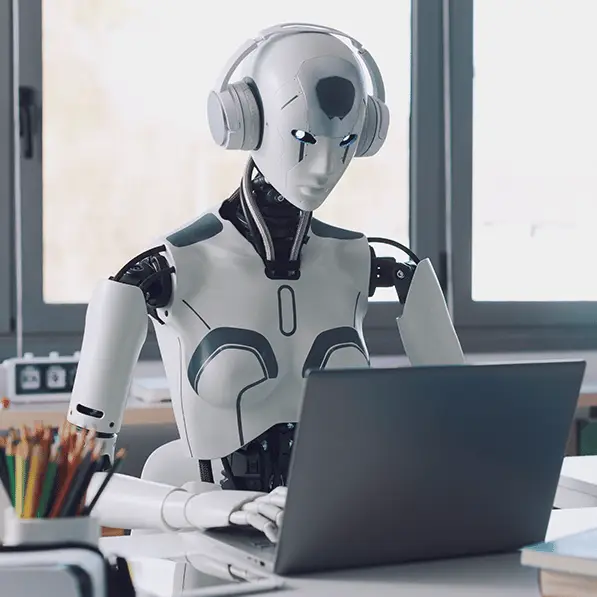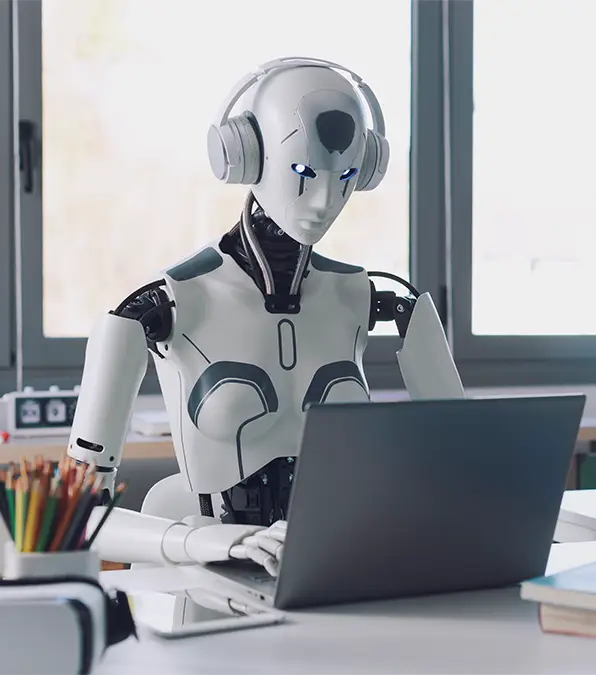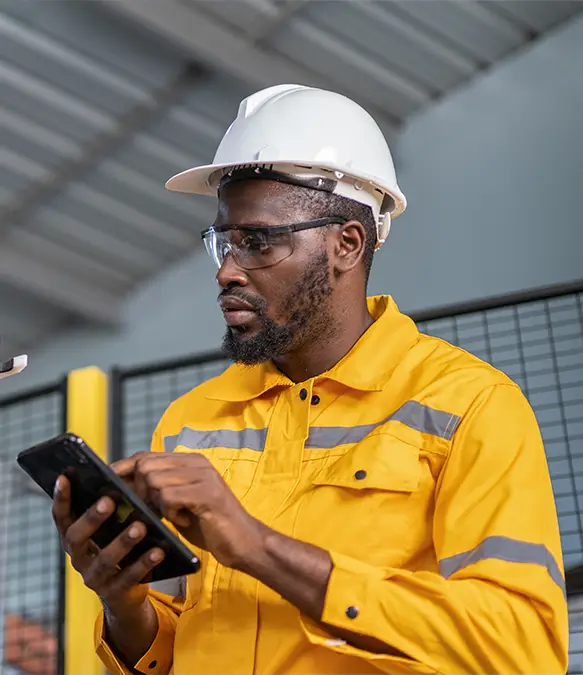
The fear we all have that AI is replacing our jobs might just come with some setbacks, as one group of MIT researchers sought to address these fears by studying the cost of substituting human workers with AI.
Surprisingly, human labour remains more cost-effective than AI systems.
The team took the example of a hypothetical bakery worker where 'visual inspection' and quality checks are an essential part of the role. For example, the workers must check ingredients to 'ensure they are of sufficient quality'.

Advert
While the researchers observed that the task could 'theoretically be replaced by a computer vision system by adding a camera and training the system to detect food that has gone bad,' they later recognised that this specific task represented only 6% of the bakery workers' role.
Therefore, automating the task wouldn't justify the costs of 'developing, deploying, and maintaining' the computer vision system, and it was considered not 'economical.'
According to economics professor, David Spencer: 'Ways need to be found to reduce work via automation without imposing costs on workers.
'We need to address more fundamental issues about who owns technology and how it is used. Workers cannot expect to benefit from technology while they have no stake in it and no influence over its nature and evolution [...] Using technology should be about reducing work time and making work more meaningful.'
Looking at the bigger picture, the study also collected data on around 1,000 'visually-assisted' tasks across 800 different occupations.

The broader findings suggested that only 23% of workers' wages were deemed 'attractive to automate.' Moreover, experts predict that this figure could rise to 40% by 2030 if data costs decrease and accuracy improves.
Although, the researchers were positive in that they wrote: 'Overall, our findings suggest that AI job displacement will be substantial, but also gradual – and therefore there is room for policy and retraining to mitigate unemployment impacts.'
Commenting on the study, Neil Thompson, director of the FutureTech Research Project at MIT, said: 'Our study examines the usage of computer vision across the economy, examining its applicability to each occupation across nearly every industry and sector.
'We show that there will be more automation in retail and health-care, and less in areas like construction, mining or real estate.'
However, the debate continues as the co-founder of Inflection AI and Google’s DeepMind, Mustafa Suleyman, claims that AI systems are 'fundamentally labour-replacing tools.' But how soon that's expected to happen, we are not so sure.